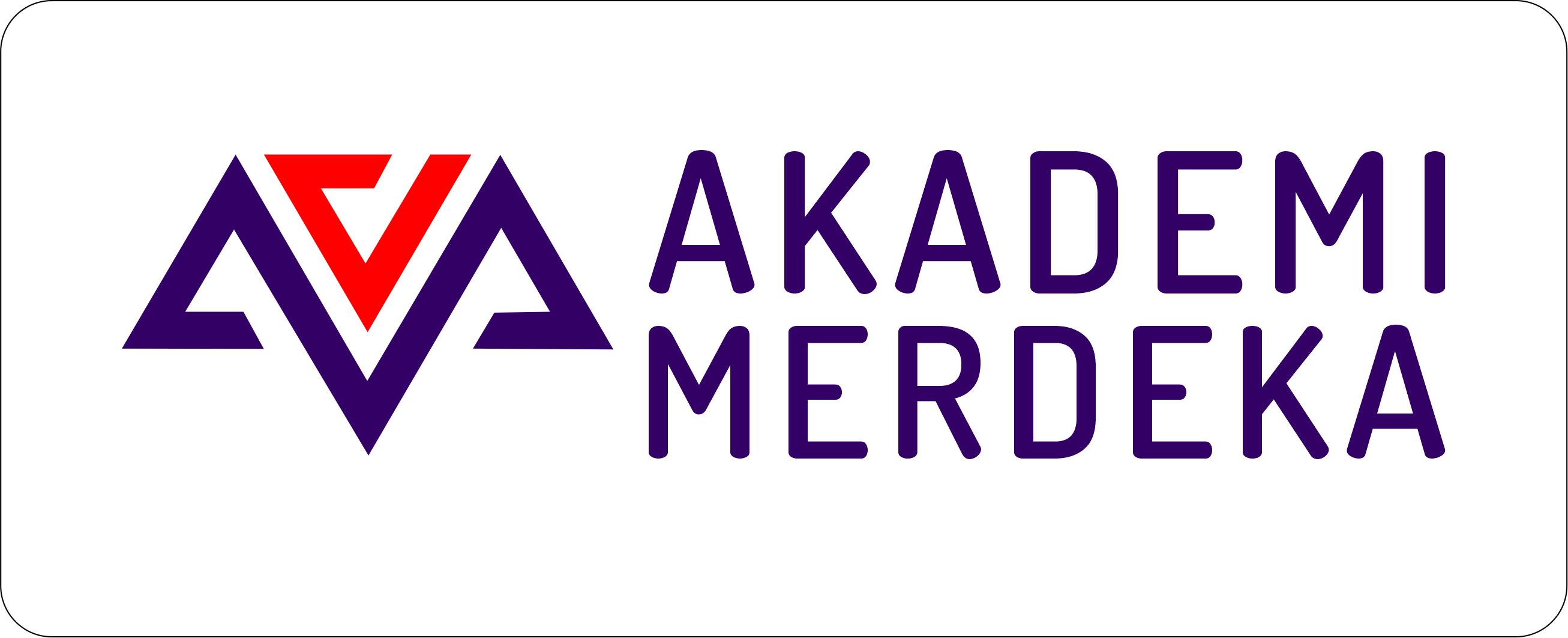Discourse Markers in Learners’ YouTube Comments: A Study of Informal Academic English
DOI:
https://doi.org/10.70152/duties.v1i2.226Keywords:
academic discourse, discourse markers, EFL Learners, informal English, YouTube commentsArticle Metrics
Abstract
This study investigates the use of discourse markers (DMs) by English as a Foreign Language (EFL) learners in YouTube comments on academic-related videos. Drawing on Fraser’s typology, the research explores the types of DMs most frequently used and how learners employ them to structure arguments, express stance, and maintain coherence in informal academic English. A total of 300 learner comments, some from the same users, were collected from ten academic YouTube videos and analysed through qualitative content analysis. The findings reveal that learners primarily used contrastive, elaborative, and inferential discourse markers such as but, also, and therefore to organize ideas and express reasoning. Stance-related markers like I think and actually were also prevalent, signaling learners' personal evaluations. Additionally, elaborative markers contributed to textual flow and coherence. These patterns indicate that EFL learners are able to apply academic discourse strategies within informal digital contexts, demonstrating emerging discourse competence and pragmatic awareness. The study highlights the pedagogical potential of digital platforms like YouTube as spaces for meaningful language use and suggests incorporating informal online texts into language teaching practices.
Downloads
Published
How to Cite
Issue
Section
License
Copyright for this article is held by the journal DUTIES: Education and Humanities International Journal and is licensed under the Creative Commons Attribution-NonCommercial-ShareAlike 4.0 International (CC BY-NC-SA 4.0). The article may be used and shared for non-commercial purposes with proper attribution and distributed under the same license. Full license details: https://creativecommons.org/licenses/by-nc-sa/4.0/








